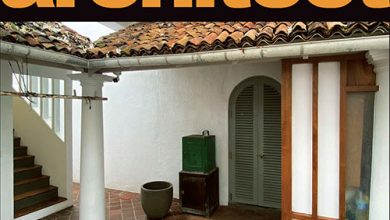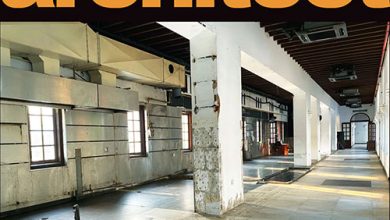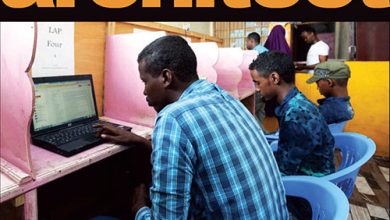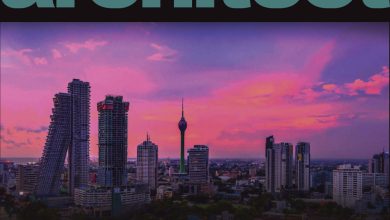EDITORIAL
AN INTERRUPTED INHERITANCE
LESSONS IN EMPATHY
BY Archt. Shahdia Jamaldeen

There are moments – in life and work – where it is appropriate and required that we listen instead of speak. That is to say, we listen to understand instead of listening to simply reply or retort. As an architect, one is ideally trained in this skill – to listen and observe; pay attention to the requirements set forth by a client, analyse a site or plot of land or concentrate on the needs made clear by a community. It is the true strength of an architect to then see beyond what has been presented, and provide solutions and tactics to aspects the client or community has not even thought of. This sense of forethought and hindsight can only be developed by imbuing a great sense of empathy.
Empathy and sympathy may be rooted in similar nuances but the former is a far more important emotion, as it involves your ability and capacity to put yourself in another’s position to understand and share their difficulties with a greater sense of sincerity and genuineness. It is active sharing that encompasses non-judgmental acceptance and curiosity. Empathy is an unspoken element of successful architectural practice – often resulting in the most pragmatic and impactful designs.
This edition is one such instance where we attempted to listen and absorb instead of retort with opinions on matters that one might not have the life experience or standing to speak on. The exploration into the northern region stems from a perceived lack of awareness of the growing state of a contemporary creative and cultural background in Jaffna. Yet, this runs parallel to a larger deficiency of attention to the state of architectural practice, and its localised challenges and obstacles faced by a very small population of professional representatives. It seemed only right that this editorial team travel to the region to speak to and hold discussions with its stakeholders one-on-one. It was also important that the issue provide a perspective and view into Jaffna from the outside-in in given that for many beyond northern borders, the region is frozen in time in their minds.
It is apparent that trauma continues to run deep in the still communal waters of the north – and the ‘resilience’ many speak of is a needs-based coping mechanism its inhabitants have no choice but to use in order to continue their harshly interrupted lives. Displacement; the loss of home, family members and personal artefacts; and the scattering of family connections due to conflict have served to disrupt multiple generational lines of skill, knowledge and existence.
As such, its custodians turn to the arts and creative practice in order to provide cathartic release not only for themselves but for those they represent. The academia of Jaffna is a small yet strong group with little self-service, and larger quantities of communal care and collective efforts to archive and preserve the remainders of a once thriving region – usually at their personal time, dedication and expense – that also looks to move forward in contemporary aspects.
Architecture is still a subject and profession that is conceptually new to the traditional society of Jaffna, and its formal practice clearly faces challenges that extend to regional authority bodies as well. We look at how architecture is practised viably, and the importance of building trust, communication and communal sensitivity to tradition – as well as paving pathways for future growth – something that the Sri Lankan architectural fraternity must participate in by actively contributing as a whole. Our heartfelt thanks go to Dr. T. Sanaathanan, Dr. P. Ahilan, and all the other local academics, artists and creative practitioners, for giving us their time, insights and perspectives for this issue.
While there still lies an air of guarded division between the peninsula and greater regions beyond, the only way to maintain bridges is to sometimes just listen and empathise – a simple act but with complex and far-reaching effects.
But there is a calling that is yet above high office, fame, lucre and security. It is the call of conscience
Lasantha Wickrematunge
Late Editor
The Sunday Leader





